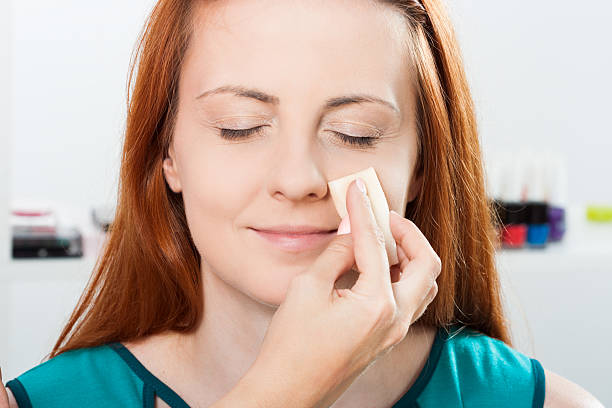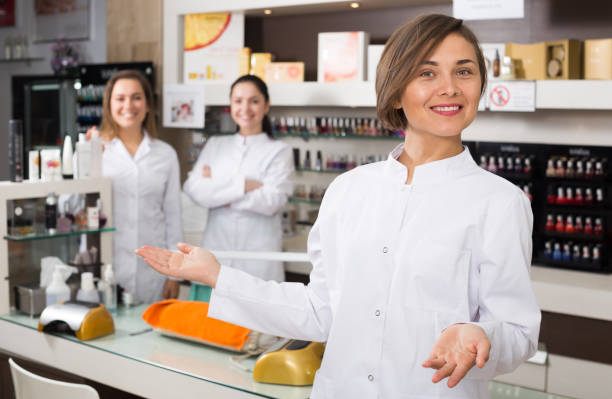The allure of beauty in Brazil is multifaceted, stemming from a complex interplay of historical, cultural, and socio-economic factors. For centuries, Brazil has been a melting pot of diverse ethnicities and cultures, resulting in a unique blend of beauty standards that celebrate diversity while also idolizing certain traits. The Brazilian obsession with beauty can be traced back to the colonial era when European ideals of beauty were imposed upon indigenous and Afro-Brazilian populations. Over time, these standards evolved, intertwining with indigenous and African aesthetics to create a distinct Brazilian beauty culture that values curves, tanned skin, and symmetrical features.
Today, Brazil is renowned as a global leader in cosmetic surgery, with an estimated 2.5 million procedures performed annually. From breast augmentations to butt lifts, Brazilian women (and increasingly men) spare no expense in their quest for physical perfection. However, behind the glossy facade of beauty clinics and beach-ready bodies lies a darker reality – one characterized by inequality, exploitation, and medical risks.
For many Brazilians, particularly those from lower socio-economic backgrounds, access to cosmetic procedures is fraught with financial strain. In a country where public healthcare struggles to meet the basic needs of the population, cosmetic surgery is often viewed as a luxury reserved for the affluent. As a result, individuals may resort to taking out high-interest loans or dipping into their savings to fund procedures, placing themselves in precarious financial situations for the sake of beauty.
Moreover, the commodification of beauty has created a lucrative industry where unscrupulous practitioners prey on vulnerable individuals, promising unrealistic results at discounted prices. Backstreet clinics, known as “clínicas de fundo de quintal,” operate in the shadows, offering cut-price procedures with little regard for safety or hygiene standards. Patients lured by the allure of affordable beauty often find themselves at the mercy of unqualified practitioners, risking their health and well-being in the process.
The pressure to conform to societal beauty standards is particularly acute for women in Brazil, who are bombarded with images of unattainable beauty ideals through advertising, media, and popular culture. From telenovelas to Instagram influencers, the message is clear: beauty equals success, happiness, and social acceptance. This relentless pursuit of perfection takes a toll on women’s self-esteem, leading many to internalize feelings of inadequacy and dissatisfaction with their appearance.
Yet, amidst the pervasive pressure to conform, there are signs of resistance and rebellion. The rise of the body positivity movement, fueled by social media activism and grassroots organizing, is challenging traditional notions of beauty and promoting self-acceptance. Brazilian women are reclaiming their bodies and identities, rejecting unrealistic beauty standards in favor of authenticity and inclusivity. Campaigns such as #BodyPositiveBrasil and #EuMeAmoComoSou (“I love myself as I am”) are empowering individuals to embrace their bodies, flaws, and all, and challenging the notion that beauty is synonymous with perfection.
In the midst of this cultural shift, the Brazilian government has taken steps to regulate the cosmetic surgery industry and protect consumers from exploitation. In 2018, legislation was passed requiring all cosmetic procedures to be performed in accredited medical facilities by qualified professionals. While these measures have helped to improve safety standards and reduce the prevalence of illegal clinics, challenges persist in enforcing regulations and addressing systemic issues of inequality and access.
Ultimately, the pursuit of beauty in Brazil is a complex and deeply ingrained phenomenon that reflects broader societal attitudes towards identity, class, and power. For many Brazilians, the “right to beauty” is more than just a cosmetic enhancement; it’s a means of asserting control over their bodies and identities in a society that often dictates their worth based on appearance. However, as the country grapples with issues of inequality and social justice, the quest for beauty must be tempered with a recognition of the inherent value of diversity and self-acceptance. Only then can Brazil truly embrace a vision of beauty that celebrates the uniqueness and inherent worth of every individual, regardless of physical appearance.



